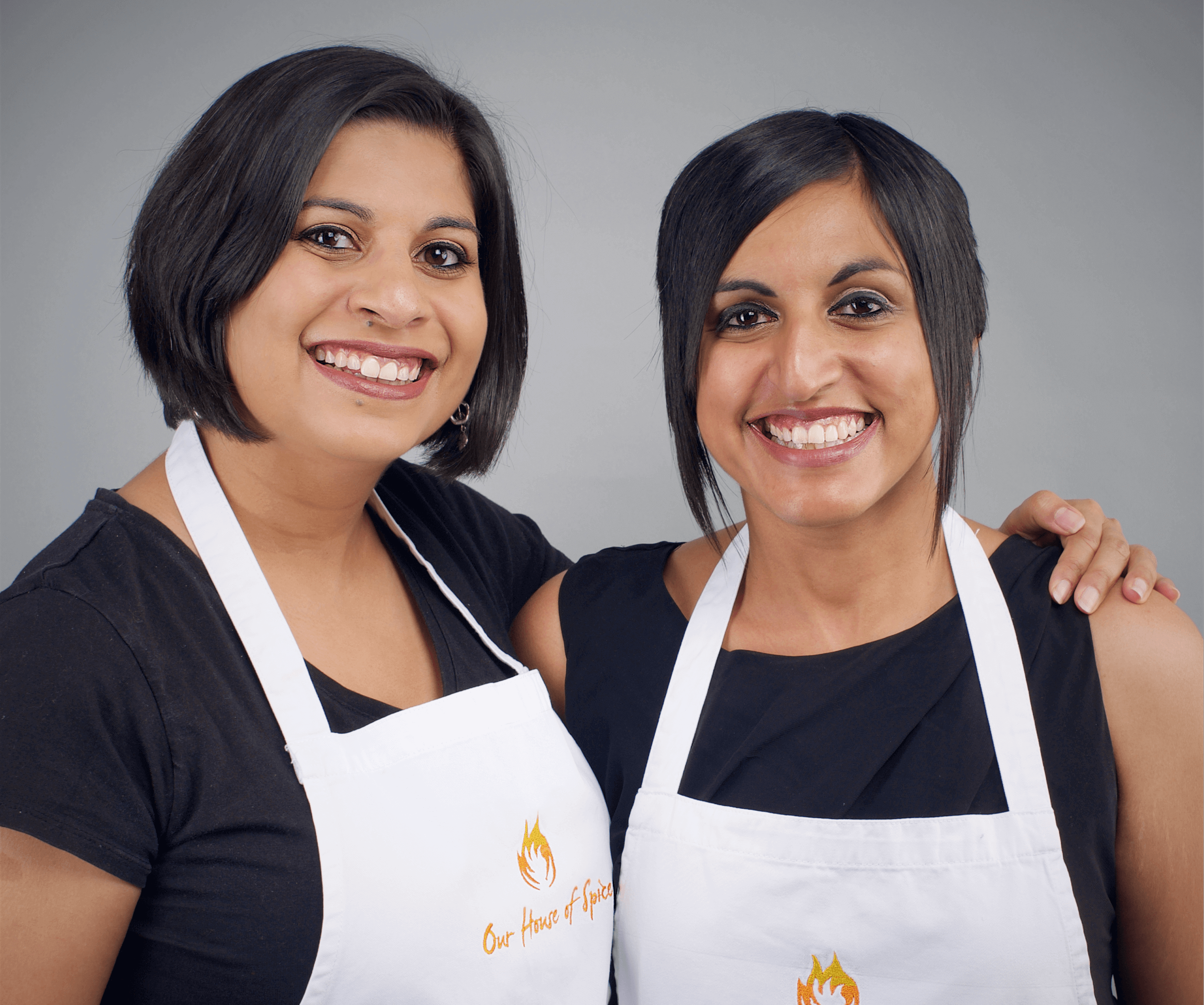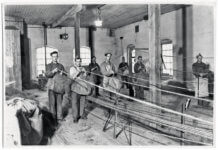The daughters of Indian immigrants to England, Julia and Nadia Latif spent their childhood in the East Anglian countryside. Their entrepreneurial venture exhibits the work ethic that defined their parents and grandparents’ struggle to raise a family in a new country.
The Latif sisters had always dreamt of starting a business together. Before Our House of Spice, they both felt trapped in careers they were ambivalent towards. When they lost a close friend unexpectedly, they had a realisation that many entrepreneurs share: life’s too short. So, they handed in their notices. Without knowing what they would do exactly, they looked to what they loved for inspiration.
Since then, they’ve been sharing the soul of homestyle Indian food with kitchens across Great Britain through their family recipes. Julia and Nadia communicate their experience of Indian food and the recipes they grew up on through their e-commerce spice mix business, Our House of Spice.
Tharawat Magazine sat down with Julia Latif, Co-founder of Our House of Spice, to talk about how the sisters’ spice mix start-up came to be, what family had to do with it and how packets of spice have changed their lives forever.
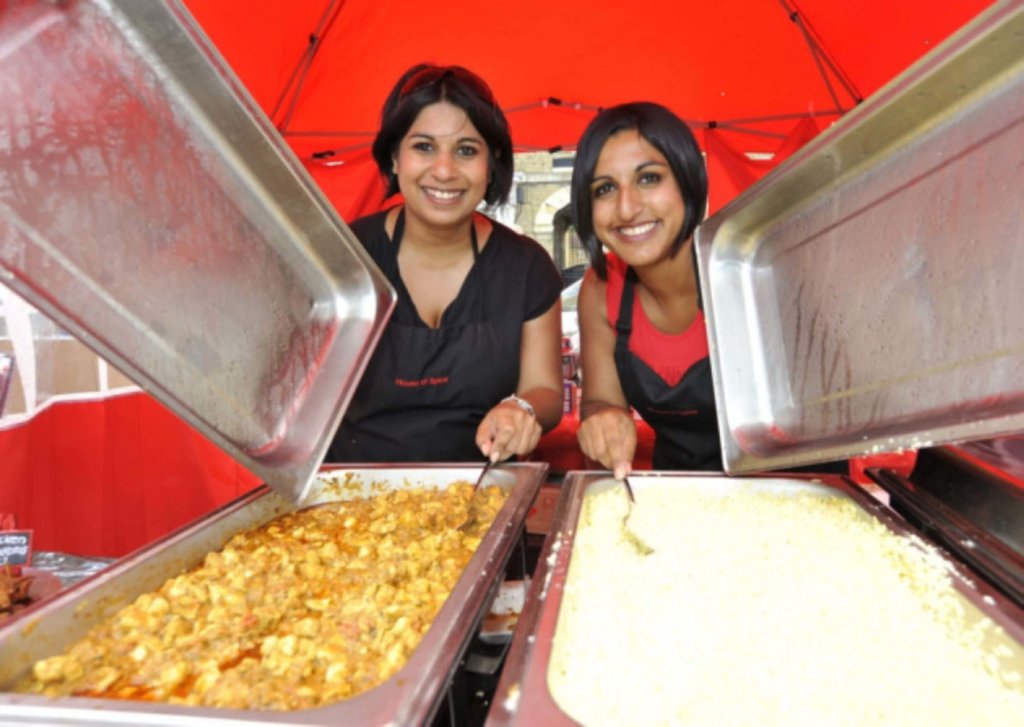
How did you come to start a spice kit business with your sister?
Starting a business together as sisters was a recurring topic of conversation whenever Nadia and I met, though we weren’t sure what shape the business would take. Before we started Our House of Spice, we felt trapped by our jobs. I was working for a charity, and Nadia was working in finance. We sent text messages to each other every morning reiterating how miserable we were in our roles.
One day, a close friend passed away unexpectedly. We were forced to re-examine our priorities and came to the conclusion that life is too short to wait around for opportunities. The following day we handed in our notices. We knew we were going to go into business together but still weren’t sure about what we were going to do. We thought about what we love, what we feel authentic doing and how we could commodify those things.
Indian food is in our souls, so culinary was a perfect fit. We didn’t know whether it would work or not, but we felt compelled to try – not trying is worse than failing. Luckily, we haven’t looked back since.
One day, a close friend passed away unexpectedly. We were forced to re-examine our priorities and came to the conclusion that life is too short to wait around for opportunities. The following day we handed in our notices.
Did you ever imagine you would one day be business partners when you were growing up?
Honestly, no. Because of a seven-year age difference, we weren’t very close when we were growing up. It’s not that we disliked each other; we just didn’t spend time together. However, when I got a little older, we became very close. I’m glad it worked out that way because some siblings who are close growing up drift apart as adults. Either way, I never thought that Nadia and I would be running a business together.
The culinary world is extraordinarily competitive. How do you differentiate yourselves as a business?
We like to change stereotypes around Indian cuisine. As part of a lengthy development process, we put on curry nights where we spoke with consumers face-to-face. Many of them thought that Indian food was either incredibly spicy, terribly unhealthy or both. They were filled with misconceptions, which we found quite shocking. When you grow up as part of a tradition, culinary or otherwise, you sometimes take it for granted that others have an appreciation of your experience.
Indian food needs a spokesperson to shatter these misconceptions. It’s tasty, healthy and easy to make if you know what you’re doing. Having the right spices, of course, is crucial.
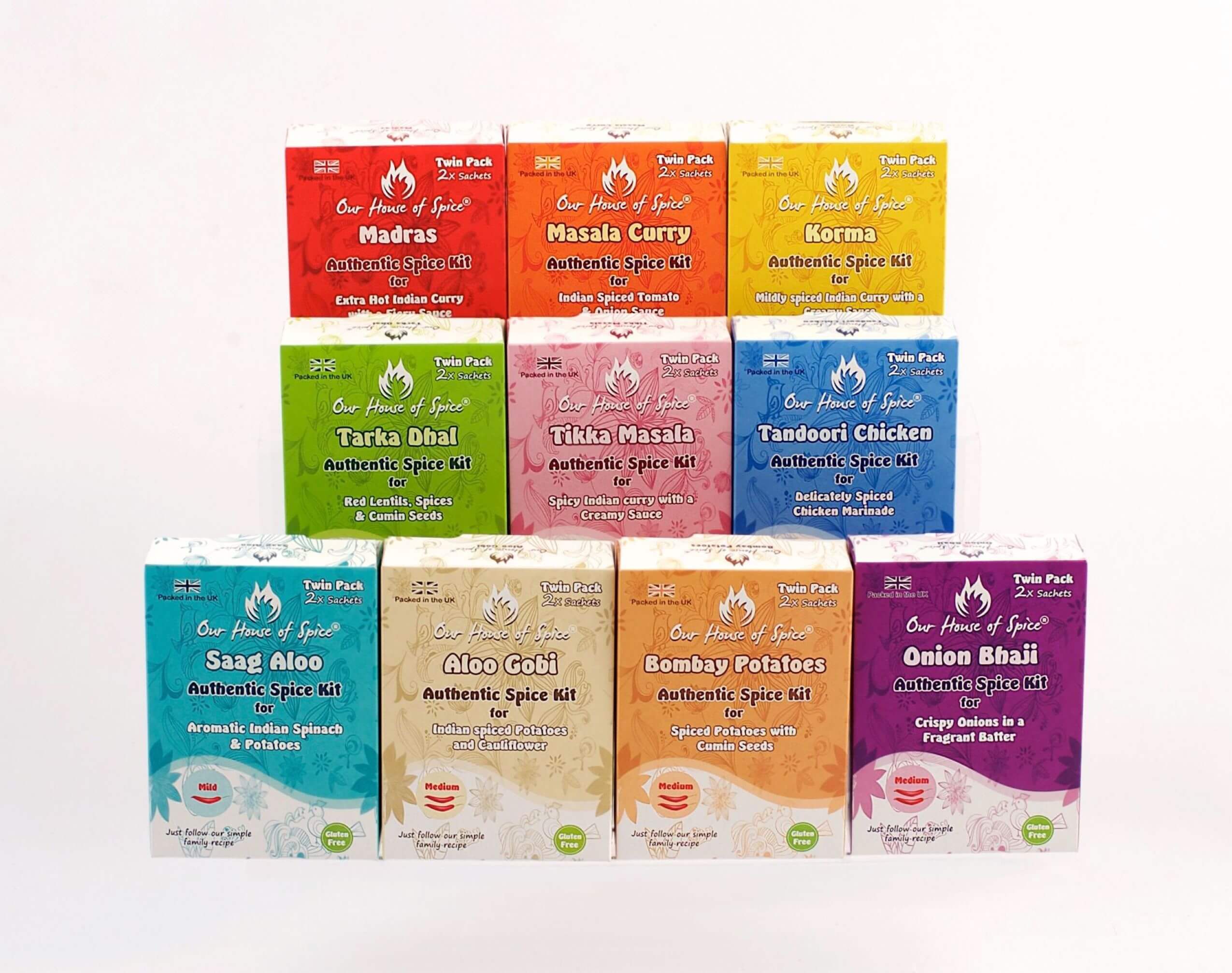
What was the next step?
Initially, we brought out a range of frozen ready meals prepared exclusively with local produce. Many of our first recipes worked with game.
We knew we needed to communicate our experience of Indian food and, in doing so, change our consumers’ perception of it. Luckily, people were receptive, and the business expanded from there.
When did you make the transition from frozen ready meals to the spice kits you sell today?
Logistically, the frozen ready meal range was prohibitively expensive for some. At the same time, as there were only two of us in the business, we struggled to keep up with the demand. That’s when Nadia thought of spice kits because they lasted longer on the shelf. It was definitely the right way to go. We released them as a tester product first, and we built our range from there.
How did you arrive at the current selection?
We listened to our customers and tried a lot of recipes – some more successful than others. We started to get a sense of what dishes people like. Our loyal customer base would follow us around the East Anglian countryside, so we knew there was a market.
What challenges did you and Nadia face growing the business to its current position?
I won’t pretend that our relationship as sisters and partners is perfect. We’ve had to deal with a lot of problems, both internal and external, but they only make me more thankful we’re in this together. I don’t believe anyone can support you as well as a sibling can. Nadia knows what I’m thinking by the look on my face and vice versa.
Initially, we weren’t making money because we were reinvesting it in the business. We were tired. Our expectations needed adjusting. Despite our grand plans, the phone wasn’t ringing off the hook. When the uptake fell short of our dreams, we felt like nobody cared.
The harsh reality is that, in business, everybody is doing their own thing; people are busy. If you want to achieve sustainability, you’re going to have to fight for it – complacency isn’t an option. You have to develop a thick skin and focus on what you’re doing.
The harsh reality is that, in business, everybody is doing their own thing; people are busy. If you want to achieve sustainability, you’re going to have to fight for it – complacency isn’t an option. You have to develop a thick skin and focus on what you’re doing.
Did people question your decision to start this business?
Of course they did. However, I have to say our support network, family and friends are amazing. They see everything, including the lowest points.
How does your family’s history influence the business?
Our parents and grandparents were immigrants who arrived in the 1950s. When they came to this country, they had two children and 7 pounds sterling in their pockets. They did whatever they needed to get money, and they didn’t stop when they were tired. They only stopped when the job was done. Growing up, we heard stories about our grandfather selling saucepans door-to-door. That’s built into Nadia and me – you do what you have to do to look after your family.
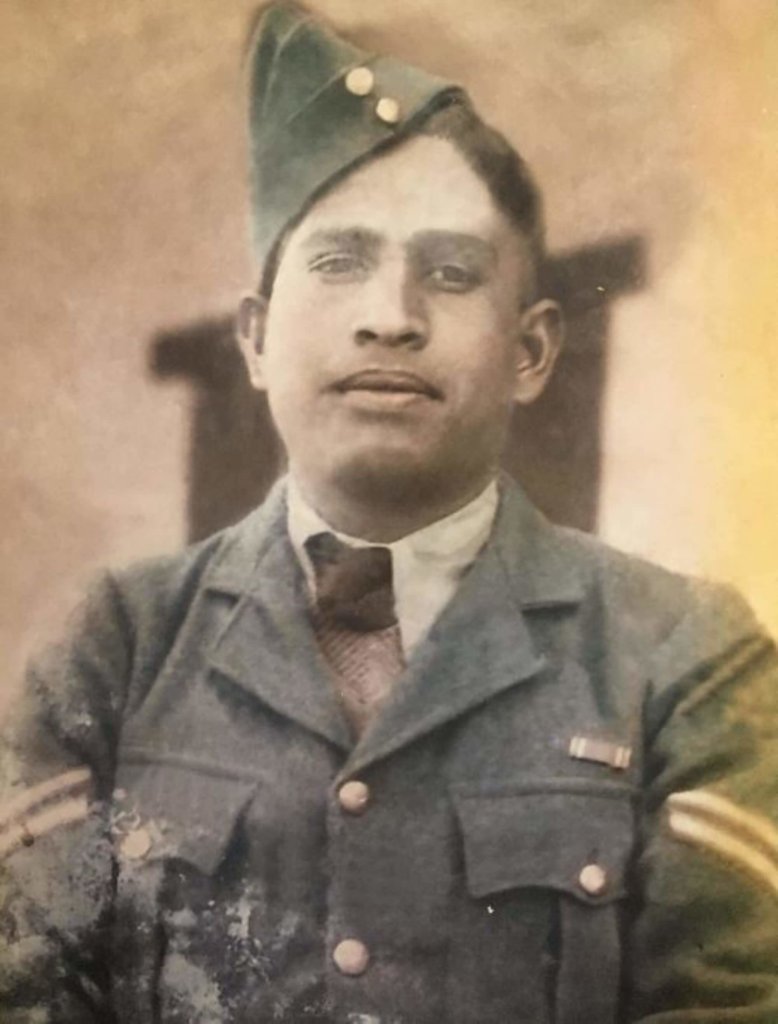
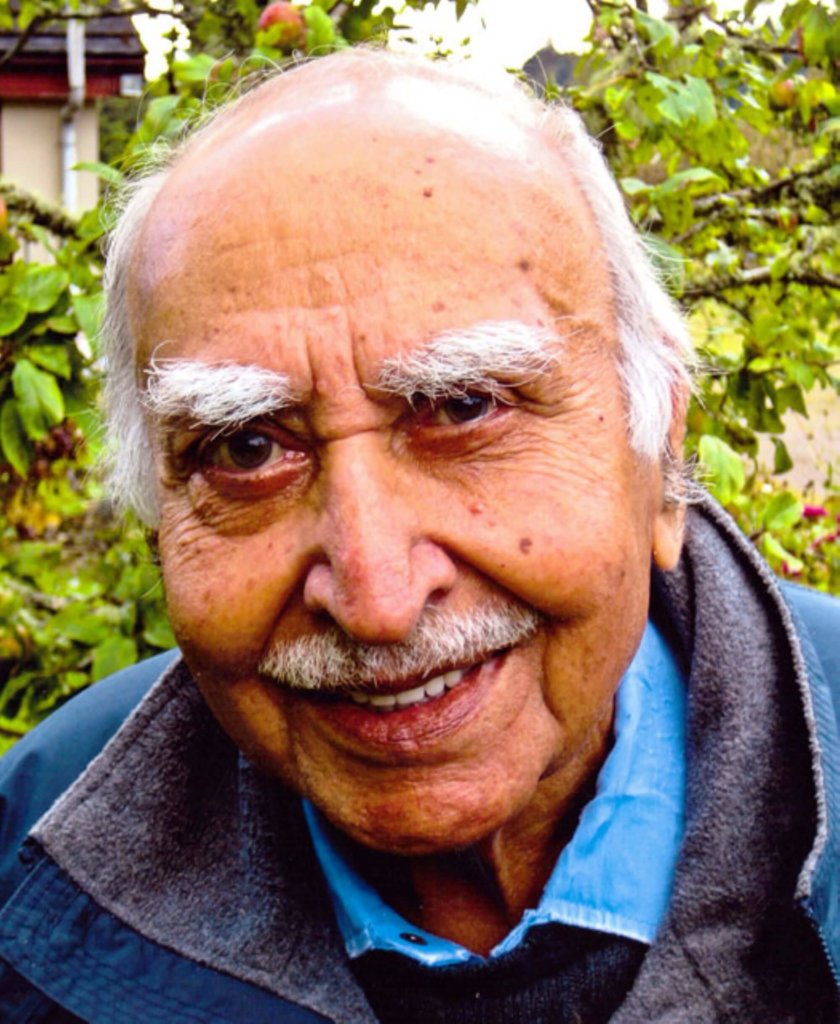
Did you develop a deeper understanding of each other when you went into business together?
We were surprised by our own and each other’s ability to assume professional personas, strategise, execute and achieve what we wanted to. Nadia’s remarkable skill in planning and streamlining logistics has been integral to our success. We’ve got very different personalities, which is an asset. If we were too similar, we would clash.
[ms-protect-content id=”4069,4129″]
Who’s the boss?
There is no boss. Nadia is seven years older than I am, but in business, we’ve got different strengths. I handle the development side, and Nadia takes on HR, accounting and logistics. We value equality and respect each other’s experience.

How do you keep up with 21st-century consumer expectations?
Provenance, at least when it comes to food, is becoming increasingly important, which we’re thrilled about. We make each and every kit and love sharing our story. We source ingredients from an established Indian business, so we can guarantee the spices are of quality. When we assemble the spice kits, we batch-code them, which makes them traceable. Provenance is one of our main selling points.

What’s next for Our House of Spice?
We’re looking for the right manufacturer to help us scale up, but we won’t settle for less than perfection. For one thing, we need to ensure our recipes are completely safeguarded because we have a responsibility to our family – they’re not ours to change. We’re looking for productive collaborations to take some of the pressure off of us. The possibilities are endless: we can go wholesale or export it. The right connections have the potential to open everything up. It’s an exciting moment to be in the spice industry.
[/ms-protect-content]


